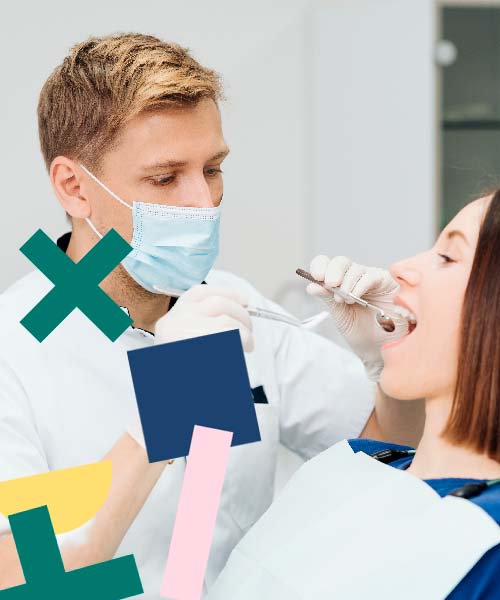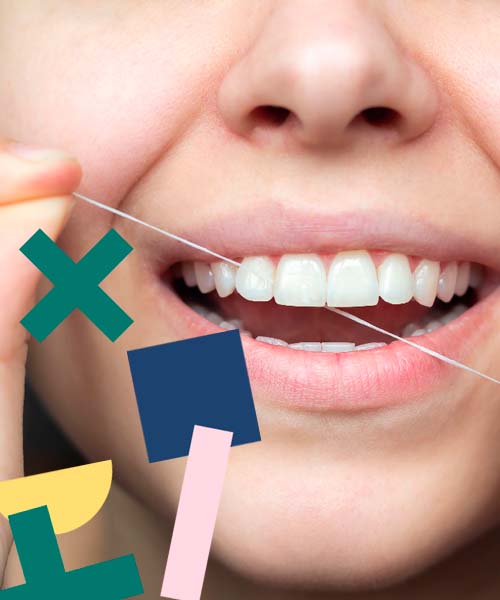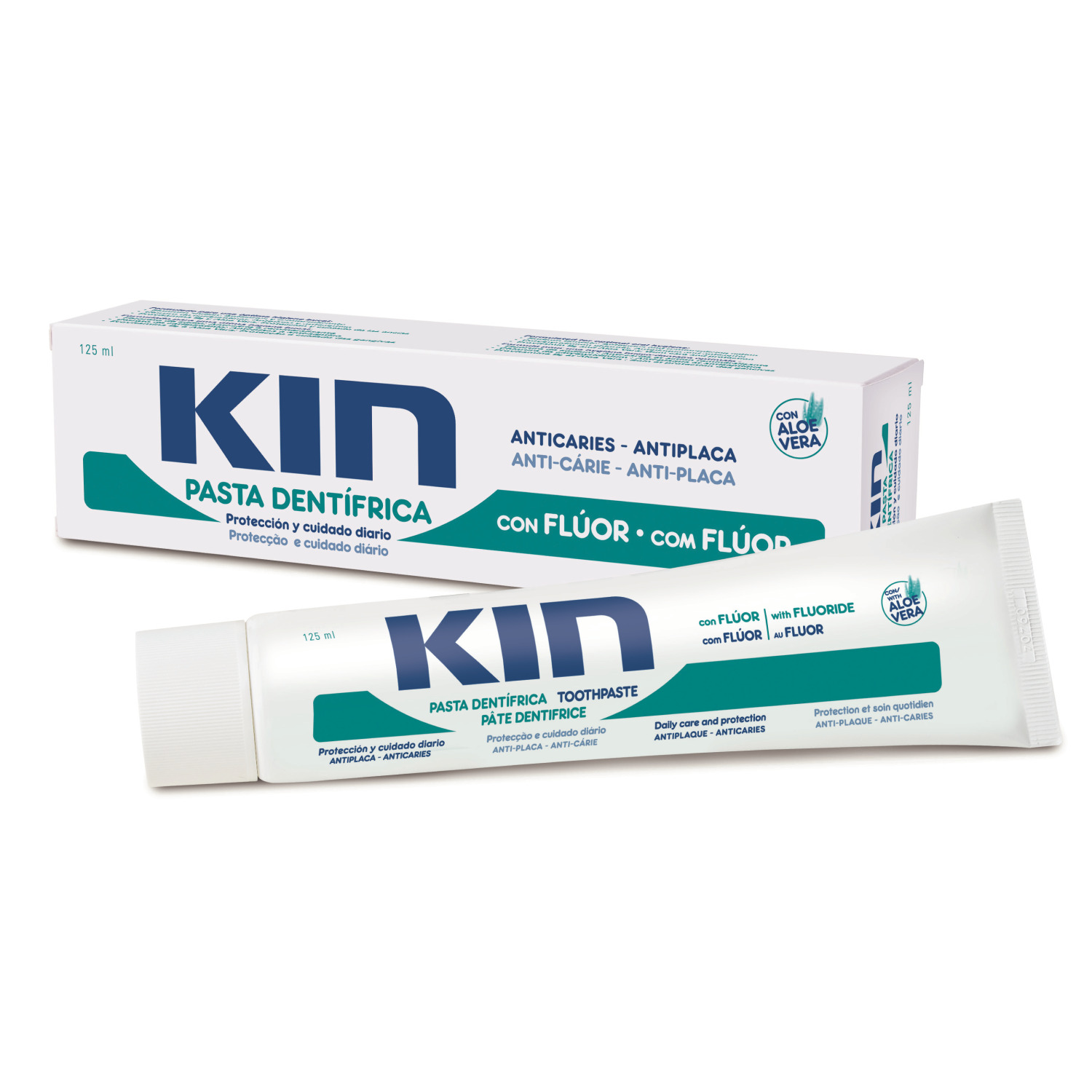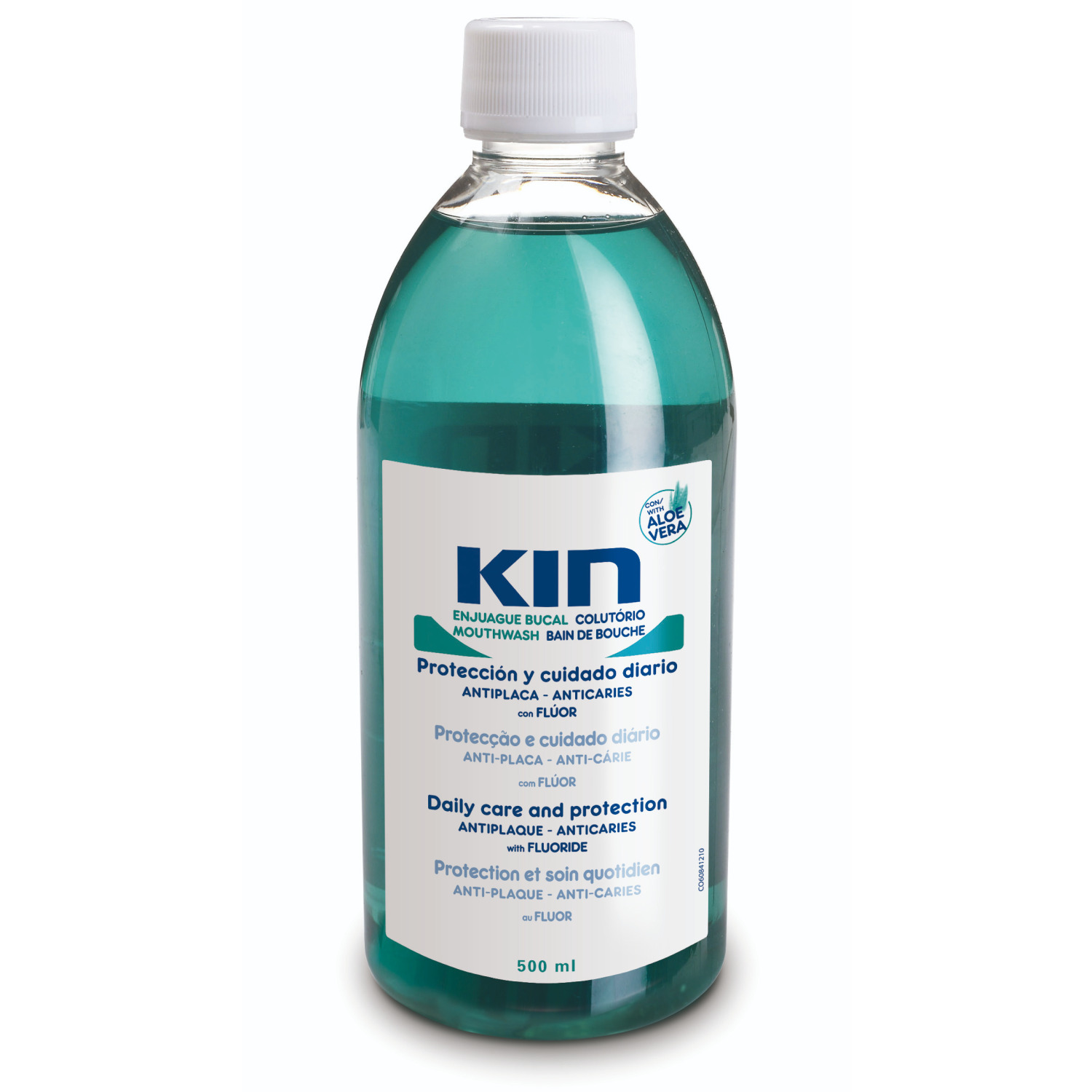Aa correct oral health ensures a better quality of life and better preservation of teeth. In this reading guide, we give you some tips on the advice and recommendations of specialists, as well as the main problems derived from bad eating habits and in the cleaning and care of the mouth.
KIN CONTENT GUIDES
Oral health guide
Table of Contents
- 1. The importance of oral health
- 2.
- 3. Hygiene Routines
- 4. Habits
- 5. Feeding
- 6. Products

1. The importance of oral health
Prevention, diagnosis and treatment are the three pillars of good oral health. To reduce the incidence of oral disease, prevention and daily care from childhood onwards are essential. Consistent oral hygiene with quality products significantly reduces the prevalence of caries in patients of all ages and conditions.
Good oral health has an important aesthetic function, as the mouth, and more specifically the smile, is our best calling card. Taking care of our teeth is vital for the body, both for their participation in the alimentary and digestive processes, as well as for their contribution to human communication.
In this guide we give you a series of tips, recommendations and habits that will help you to enjoy quality oral health.
Read more
Your KIN must-haves:
Find us at:
You can buy our products in your nearest pharmacy.
Find us in your trusted online store.

3. Hygiene Routines
Brushing the teeth and the rest of the oral cavity carefully for 2 to 3 minutes, at least twice a day, preferably after meals and before going to bed is the best hygiene routine, which we should also instil in our children from an early age. Brushing should include the tongue to remove bacteria that remain on its surface.
Hygiene should be complemented by the use of dental floss or interdental brushes to remove food debris and biofilm. biofilm biofilm in spaces inaccessible to toothbrushes. The use of an oral irrigator is also highly recommended for good oral health. Thanks to the irrigator, plaque adhering to teeth and molars can be reached in interdental areas and at the gum line, where brushing is more difficult to reach. The use of irrigators is especially indicated for people with orthodontics, implants and patients with gum problems. Its use is recommended after the last brushing of the day.
Finally, the use of mouthwashes and mouth rinses after each brushing will allow access to those areas of the mouth that the toothbrush cannot reach effectively. They will help to eliminate halitosis or bad breath and contribute to the prevention of oral conditions such as ulcers or periodontitis.
Read more
4. Habits
To enjoy good oral health it is necessary to comply with the hygiene routines we have just seen, but it is also important to be aware of another series of behaviours that can affect our mouth. Smoking, thoroughness of brushing and diet play a key role in good oral health.
In the case of a healthy mouth, a visit to the dentist every 6 months will be sufficient to detect caries and other oral diseases and thus avoid possible problems. A complement to these visits to the dental clinic, which is gradually becoming more and more common among the population, is to change toothbrushes every three or four months.
The use of dental splints for patients who clench their teeth tightly at night is another behaviour that can help improve oral health, as well as contributing to better rest. Other habits to watch out for are the tendency to open bottles or cut plastic with the teeth or the use of hard toothbrushes.
Taking care of your teeth is also done by changing certain behaviours. Here we will look at some of the recommended habits and behaviours for good oral health.
Read moreFind your nearest KIN pharmacy

5. Feeding
The patient's nutritional status, as well as the identification of eating disorders, is fundamental for oral health. This state is determined by our diet, and is therefore vital in the detection and prevention of disease.
Some foods affect the enamel layer more or can cause stains on our teeth, while others help to strengthen our defence system, so it is necessary to be aware of them. A good diet with few sugars, plenty of fluids and healthy food helps to maintain good oral health.
Read more
6. Products
In order to choose the right toothpaste, it is important to ensure that it contains an adequate amount of fluorideand that it is adapted to the particular situation of each individual. The most effective fluoridefor the prevention of caries is the topical one administered continuously. In any case, we should consult our dentist for advice on the most suitable one.
When it comes to choosing other products for oral health care, such as toothbrushes, dental floss and rinses, we must be equally careful and follow the recommendations and advice of professionals. In this way, we will know when to replace them or which model is best suited to our needs.
Read more

